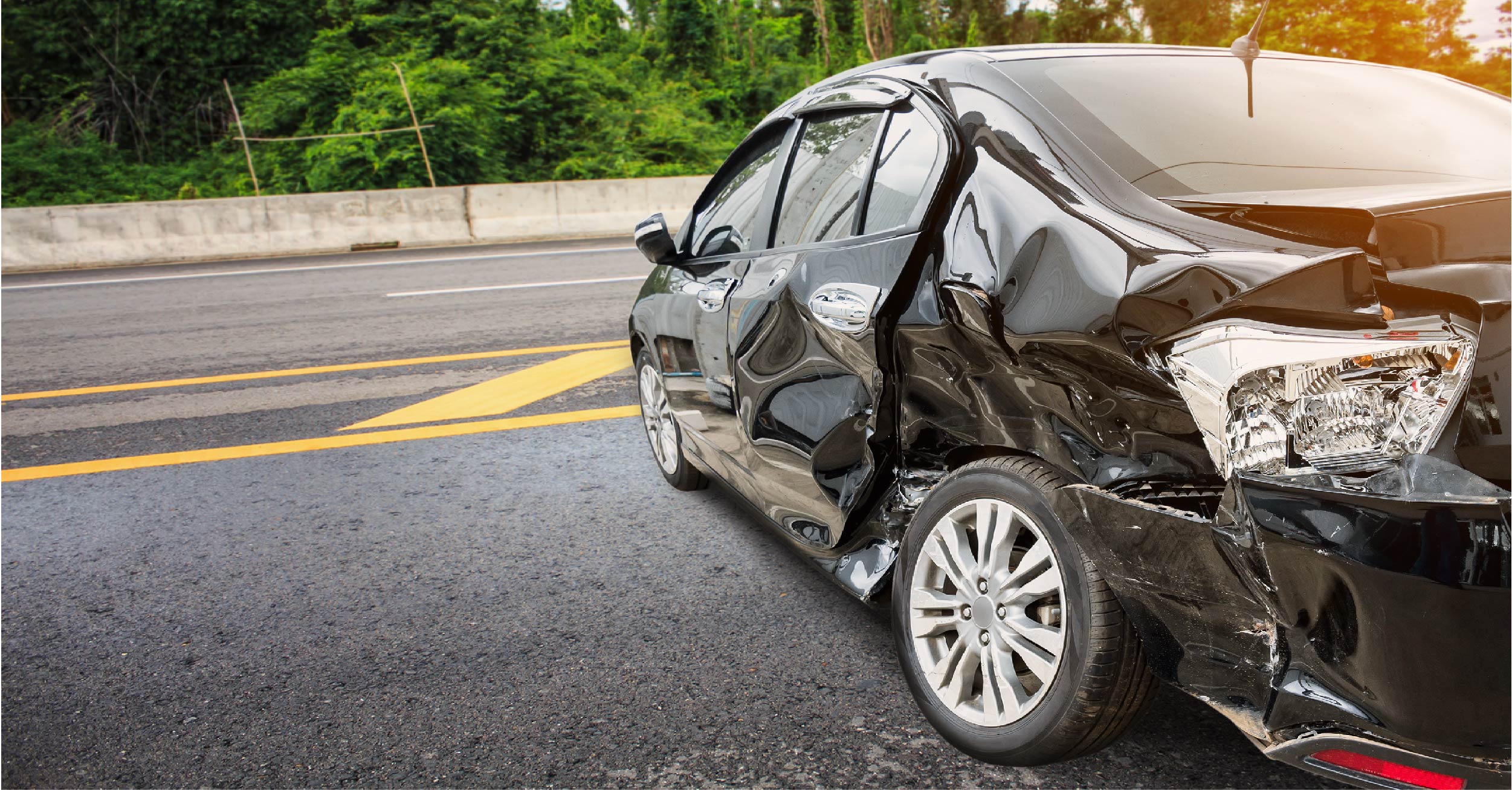The average driver in the United States will be in some sort of car crash every 17.9 years. More of these accidents will be from rideshare companies such as Uber and Lyft if the ridesharing market follows the expected increase of more than 50% by 2021.
You may be wondering what happens next if you were driving for Uber and were in a collision. You may be wondering who is responsible if you were a passenger in a Lyft when the car crashed. Collisions with a rideshare vehicle overlap many areas of law in new ways, so the situation can be confusing and frustrating.
If you were in a rideshare accident, you aren't in this alone! Plenty of people know what you're going through. An experienced lawyer from Accident.com is here to protect your rights and help you navigate the situation.

What To Do After a Rideshare Accident
First, make sure you and anyone else in the vehicle are safe. Listen to police and doctors, and get medical attention if you need it. Even if you don't think you have any serious injuries, have a doctor check you out anyway to make sure there are no hidden issues.
Once everyone is safe, take steps to report the accident:
- Get the rider's and/or driver's contact information. Be sure to get this information sooner rather than later. The rideshare app may end your access to this information after the ride stops.
- Find out which insurance would provide coverage. Uber and Lyft offer insurance in certain situations, but the driver's personal insurance applies in other circumstances.
- Give the insurance information to the police and the other driver and passengers.
- Report the accident to the rideshare company. Both Uber and Lyft's websites give instructions on how to report the accident.
- Contact a lawyer to determine if workers' compensation applies or if you have a personal injury claim.
Some of these steps are simple. However, other steps are more complex. Finding out which insurance applies claim can be tricky. Let's take a look at some of those situations and the options you may have.
Whose Insurance Provides Coverage for Personal Injury Claims?
Many factors decide which insurance company handles the personal injury claim. Let's take a look at a few situations and how they affect insurance responsibility.
You're the Rideshare Driver. You Caused the Crash.
As the driver, you'll likely have insurance coverage through the rideshare company paying you. However, they'll only cover the crash if it happened after you accepted a ride, during a pick-up or while you were transporting a passenger.
If the accident happened before you logged into the rideshare app, your own insurance applies.
If the collision happened when you were logged in but waiting to accept a ride, it depends on the policies involved. For example, Uber and Lyft provide insurance for drivers if the app is on and the driver is waiting for a ride request. However, this policy only applies if the driver’s personal insurance doesn't provide coverage.
You're the Passenger. Your Rideshare Driver Caused the Crash.
Uber or Lyft’s insurance will cover you if your driver caused the accident. In some situations, your auto insurance policy may give you more benefits. It's important to talk with a personal injury attorney to make sure insurance companies pay you fairly.
You're the Rideshare Driver or Passenger. Someone Else Caused the Crash.
The insurance company for the other driver is responsible for the damage their insured caused. Uber or Lyft’s insurance company will go after the other driver’s insurance company. Nonetheless, it's important for you to have your own attorney because rideshare companies don't have to do what's best for you. Accident.com can connect you with an attorney who will be your advocate.
Workers' Compensation Benefits Might Also Be Available
Workers' compensation is a no-fault system meant to provide benefits to employees who are injured during their work. "No-fault” means that you can get benefits regardless of who was at fault for the collision.
Most rideshare drivers are independent contractors (ICs) of rideshare companies. Generally, only employees — not ICs — qualify for workers’ compensation benefits. However, the law in this area changes quickly and depends on where you are working.
For example, in early 2020, a California judge ordered rideshare companies to treat rideshare drivers like employees even if the rideshare company and driver believe the driver is an IC. However, California voters passed a ballot measure in November 2020 that released rideshare companies from this rule.
Now, Uber and Lyft have California-specific programs that replace workers’ compensation (and provide fewer benefits). Lyft calls its program “Occupational Accident Benefits.” Uber’s program is called “Injury Protection” through Uber California.
In the end, the workers’ compensation court in your state will decide whether you get workers’ compensation benefits.
Speak With a Lawyer
Rideshare accidents can be complicated and confusing, no matter whether you were the passenger or the driver. To make the process easier, reach out to Accident.com today. We can connect you with an experienced workers’ compensation attorney to ensure you get the compensation you deserve. Don't wait though! There are time limitations for filing any claim.
.png)





